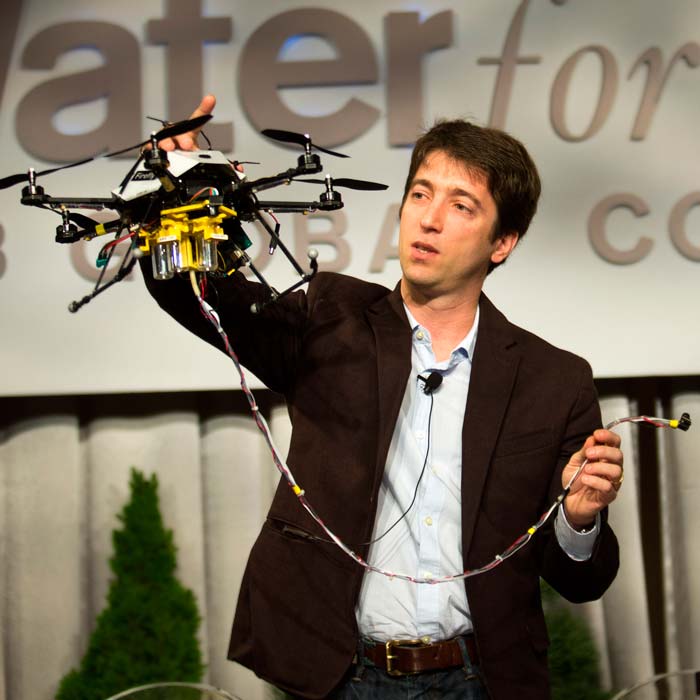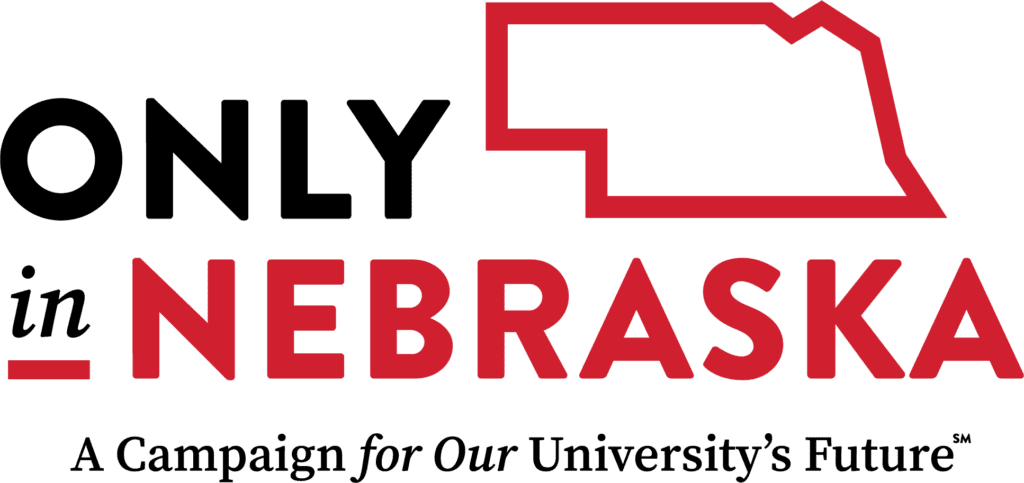Water conference provides food for thought


Maybe the most important conversation on the planet took place the other day in Nebraska.
It was about water. It was about food. It was about feeding a hungry planet in the precarious years to come, when its population will probably soar and its climate continue to change.
Too Hot, Too Wet, Too Dry: Building Resilient Agroecosystems was the theme of the fifth annual Water for Food Global Conference, presented by the University of Nebraska’s Robert B. Daugherty Water for Food Institute and the Bill & Melinda Gates Foundation. The conference was May 5 to 8 at Lincoln’s Cornhusker Marriott.
“You’d be amazed the amount of conflict already in this century over water,” said Gates Foundation CEO Jeff Raikes, who’s also a board member of the Daugherty Water for Food Institute.
“This conference is a very important asset of the university. But more importantly, it’s an asset of the world.”
Most people don’t realize that more than 70 percent of the human consumption of the planet’s freshwater is through agriculture, he said. Only 15 percent is through domestic use. Only 15 percent is through industrial use. With the challenges of population growth – a projected 40 percent by 2050 – the demand for water is going to get even greater.
“The point is, there needs to be a significant focus on water for food,” Raikes said.
“And that is what this Water for Food Institute is about – bringing people from all over the world to focus on this issue.
“It’s a great contribution to the global dialogue.”
More than 400 of the planet’s top experts on these topics – water and soil and conservation scientists along with food producers – came for the conversation. Many were from Nebraska.
• People like Raikes, who grew up on his family’s farm near Ashland and now travels the world with the Gates Foundation, witnessing the worst poverty but also the most promising research. He moderated the first panel discussion, Research in Action, which included experts from Nepal and India and South Africa who set the tone for the conference by showing the complexity of the issue, and how research has to be applied effectively at the local level to really matter.
• People like Sally Mackenzie, the Ralph and Alice Raikes Chair of Plant Sciences at UNL. In her keynote speech, she explained how understanding the way genes are expressed can help produce plants that are better able to adapt to environmental change and stress.
• People like Mark Gustafson, the interim director of the Rural Futures Institute at the University of Nebraska, who moderated a panel of ag producers.
• People like third-generation Sandhills rancher Michael Kelly, who talked about how he is trying to leave his land better for the next generation of Kellys.
• People like Sebastian Elbaum and Carrick Detweiler, two young professors of computer science and engineering at UNL who showed how they’re repurposing military drones for use in ag and water research. (They launched a drone for audience members, who saw themselves being filmed by the drone’s built-in camera.)
• People like climatologist Mark Svoboda of UNL’s National Drought Mitigation Center.
• People like UNL grad student Audrey Boerner, who won first place in the online poster contest for grad students. Her poster was about her research on the Platte River during the drought.
Boerner grew up on a farm in Minnesota and studied geology at the University of Wisconsin-Eau Claire. She says she looked around the nation at graduate programs before choosing UNL.
“What really stuck out to me was how much the University of Nebraska – and Nebraskans – care about water, and about protecting water, and about educating other people about this most valuable resource that’s right below our feet,” said Boerner, who is finishing her master’s in hydrogeology.
“I recall learning about the Water for Food Institute, and I thought, ‘Wow, that’s really amazing that they’re putting these resources – not only people, but financial resources and technological resources – all in one place to solve this huge problem.'”
Christo Fabricius came to the conversation from South Africa. He had never been to Nebraska before but knew of the state and its people and their importance to the conversation. He knew of the Daugherty Water for Food Institute – which describes itself as a research, policy analysis and education institute committed to helping the world efficiently use its limited freshwater resources, with a particular focus on ensuring the food supply for current and future generations.
“The Water for Food Institute has become well-recognized globally,” said Fabricius, who gave a keynote speech on sustainability of agricultural systems. “I think this conference has definitely played its role in putting the Institute into people’s minds as a serious role player. And the theme – resilience and the link with climate change – is really important.
“It’s of global importance.”
Water for Food is a top priority of the Campaign for Nebraska. If you’d like to help the University of Nebraska and its Daugherty Water for Food Institute find efficient ways to feed the world, please give online or contact the University of Nebraska Foundation at 800-432-3216.





